11 Apr, 2022
New Washington State Law Passes to Incentivize Biochar Application and Production
Myno worked closely with state legislators to pass Senate Bill 5961 during the 2022 legislative session with broad bipartisan support. The new law incentivizes biochar application in state-funded public works projects and funds the Washington Department of Natural Resources (DNR) to pilot removing slash pile residuals from state-managed timber lands for biochar production.
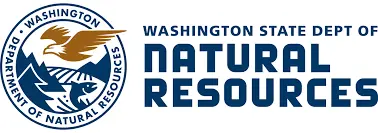
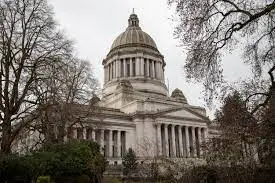
Washington State Capitol Building
The law requires Washington State agencies and local governments to consider whether biochar can be used in government-funded public works projects including large-scale infrastructure, landscaping, and environmental remediation projects. Each year the state spends billions of dollars on public works and infrastructure projects. This new biochar procurement requirement will expand biochar sales opportunities in state-funded public works projects including biochar as a filtration media in large-scale environmental remediation projects and biochar as a carbon-negative additive to concrete for state highway development and road repair.
Current timber harvest operations coupled with wildfire mitigation forest thinning generate significant amounts of in-wood residuals which are typically burned in slash piles sending harmful air pollution and greenhouse gases into the atmosphere and escalating wildfire risk. Myno intends to procure residuals from DNR-managed lands as a biochar feedstock to improve regional air quality and mitigate wildfire risk. The newly passed law requires DNR to implement a pilot project to sell residuals to a biochar production facility and identify factors impacting sales. The goal of this pilot is to eliminate the hurdles for and expand the procurement of residuals for biochar production.
Myno plans to work with DNR on executing this pilot and developing new incentives to support the beneficial use of slash pile residuals for biochar production. Such incentives could include a new direct payment program for entities to utilize residuals for biochar production and developing regional biomass utilization campuses to transport residuals to nearby biochar production facilities. We are thrilled that the new law expands biochar markets in state-funded public works projects as well as supports regional feedstock procurement from DNR-managed timber lands.
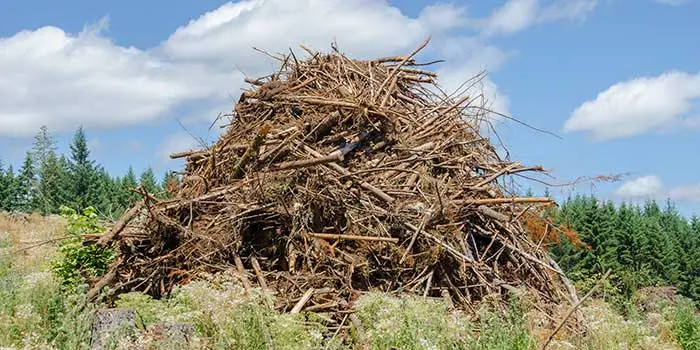
Slash pile post timber harvest, feedstock for Myno Carbon Removal Facilities
